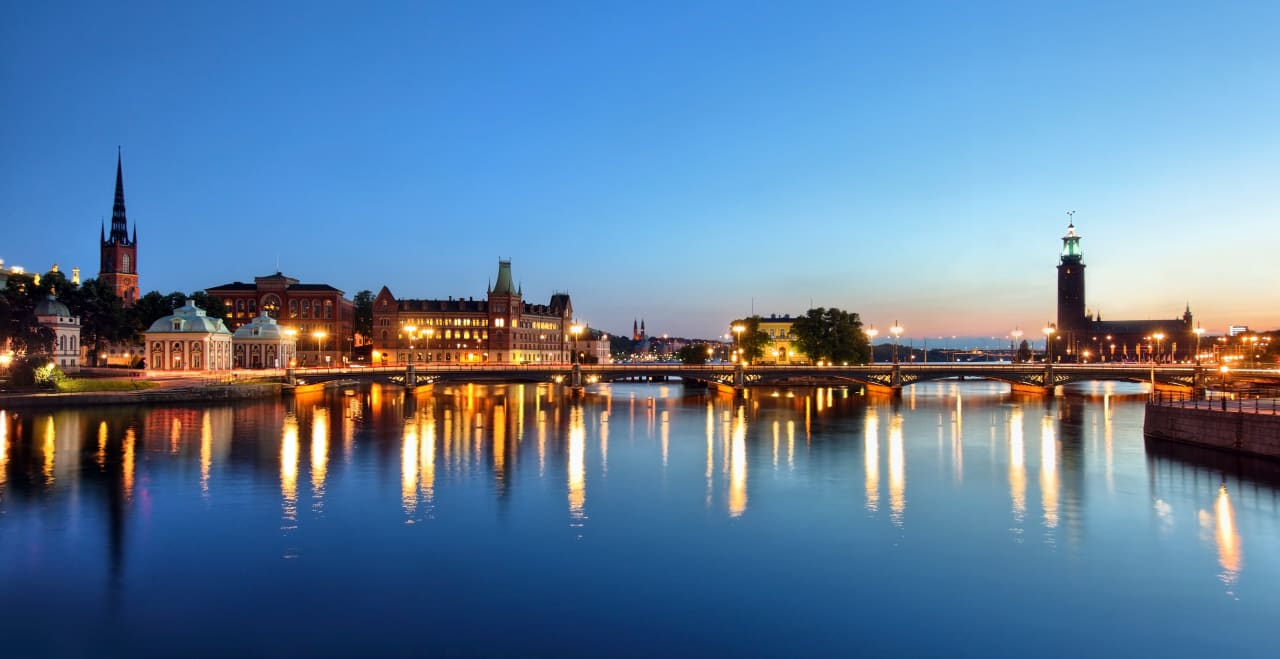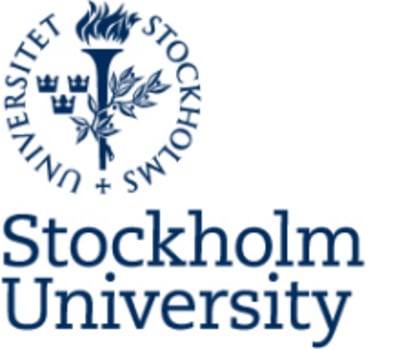
Stockholm University

Introduction
The Faculty of Science at Stockholm University is the largest science faculty in Sweden and is among the top hundred science faculties in the world on the Shanghai ranking. The Faculty offers top-class education in a number of programs and courses, at the Master's level more than 30 study programs are given in English.
Why study at Sweden’s largest science faculty?
Scientific research includes everything from the study of the tiniest components of matter to discovery and analysis of interstellar phenomena. But there is more to it than research.
Combining studies in science with studies in languages, economics or even communication, could make your competences and profile more attractive to the labor market. Stockholm University offers students this possibility with its wide range of courses in the Social Sciences and the Humanities. Scientists and mathematicians are found in the most varied job position from financial analysts, investigators, authors, consultants, salespersons or project managers in many different fields. The wide range of courses offered, both in science and other areas as well as the opportunity to choose the direction best suited for you – with the additional possibility of later changing track, or supplementing your studies with a new topic – increase your chances of success on the job market.
Scientists and mathematicians worldwide work with the future. It can be to make more reliable weather forecasts, develop new and better drugs, improve protections for the environment or create healthier food products. In an international survey of the employability of university graduates, Stockholm University ranked highest in Sweden, second in Scandinavia and 62 worldwide.
The faculty offers both programs and courses on undergraduate and graduate level in English. The general level of English proficiency in Sweden is very high according to the English Proficiency Index. Sweden has been ranked in the top 5 since the index started six years ago and has been ranked as number one three times. In addition to the general English proficiency level, Stockholm University has an international teaching and research staff and long experience of giving courses in English.
Our courses are closely related to the current research carried out at the science faculty and a majority of our teaching staff are active researchers. See more information about our international Master's programs.
Life as a student in Stockholm
Stockholm is the capital of Sweden and one of the most prominent academic centers in northern Europe. The city is made up of several islands and is surrounded by water. The water is so clean that you can actually swim in the middle of the city. In the summer the sun never fully sets and people gather in open bars, restaurants, and parks to enjoy the light and the temperate climate. In the wintertime, it is often possible to ice skate in the middle of the city.
Stockholm offers higher education of the highest international standard at well-renowned universities and university colleges, including prominent institutions such as Karolinska Institutet, KTH Royal Institute of Technology, Stockholm School of Economics, and Stockholm University.
Over the years, no less than twelve Nobel Prize Laureates have been active at these universities and university colleges, within the fields of physiology and medicine, physics, economics, and chemistry.
Locations
- Stockholm
Universitetsvägen,10 A, 106 91, Stockholm
Programs
- Master in Analytical Chemistry
- Master in Astronomy
- Master in Atmospheric Sciences, Oceanography and Climate Physics
- Master in Biochemistry with Specialization in Protein Chemistry
- Master in Biology
- Master in Computational Physics
- Master in Ecology and Biodiversity
- Master in Environmental Management and Physical Planning
- Master in Environmental Science
- Master in Ethology
- Master in Geomatics with Remote Sensing and GIS
- Master in Landscape Ecology
- Master in Marine Biology
- Master in Mathematics
- Master in Microbiology
- Master in Molecular Life Sciences
- Master in Neurochemistry with Molecular Neurobiology
- Master in Organic Chemistry
- Master in Physics
- Master in Polar Landscapes and Quaternary Climate
- Master in Social-Ecological Resilience for Sustainable Development
- Master in Sustainable Chemistry
- Master in Theoretical Physics
- Nordic Master in Biodiversity and Systematics